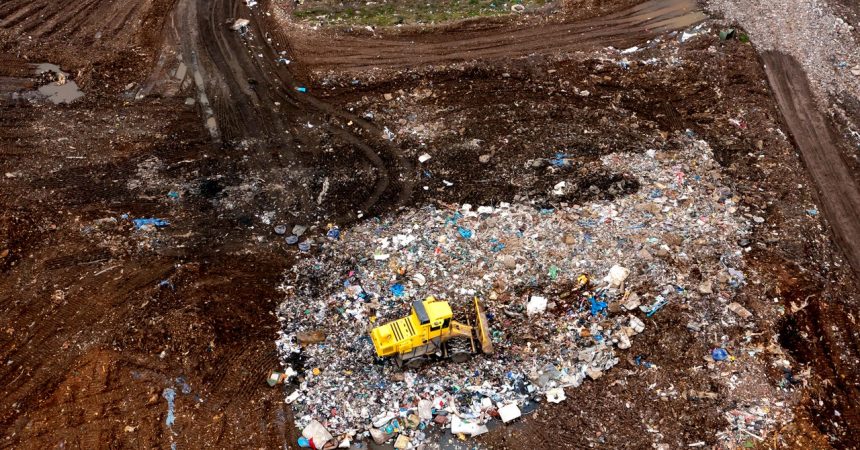The High Court of Justice in the United Kingdom has dealt a significant blow to James Howells’ decade-long quest to excavate a landfill in Newport, Wales, in search of a lost hard drive believed to contain the private keys to a substantial bitcoin fortune. Howells claims he mistakenly discarded the hard drive in 2013, and its potential value, based on fluctuating bitcoin prices, has ranged from millions to hundreds of millions of dollars over the years. Justice Keyser KC granted summary judgment in favor of Newport City Council, effectively dismissing Howell’s claim and barring him from accessing the landfill. The ruling hinges on several key legal arguments, effectively closing the door on Howell’s hopes of retrieving the lost digital treasure.
Central to the judge’s decision was the interpretation of the Control of Pollution Act 1974. This legislation states that anything deposited at a landfill site becomes the property of the local authority. Howells argued that while ownership transfers to the council, this doesn’t negate his original ownership rights. The court rejected this interpretation, emphasizing that the Act’s wording is “unqualified and unrestricted,” granting unequivocal ownership to the council. Therefore, the council’s possession of the hard drive, by virtue of its presence within the landfill, was deemed entirely lawful. Further, the court found no legal basis for deeming the council’s retention of the hard drive as “unconscionable,” given that the council was not profiting from it or actively seeking to possess it. Its presence in the landfill was simply a consequence of Howell’s actions.
The judge also underscored the practical and environmental implications of Howells’ proposed excavation. The council argued that such an undertaking would pose significant risks, including the release of harmful substances, potential health hazards to local residents, and disruption to its waste management operations. The judge concurred, finding that these concerns further justified the council’s refusal to grant access to the landfill. The potential environmental damage and public health risks associated with the extensive excavation were deemed unacceptable given the speculative nature of the endeavor. The judge’s ruling effectively prioritizes environmental protection and public safety over Howells’ claim.
Adding another layer to the dismissal, the court cited the statute of limitations as a further impediment to Howell’s claim. With a six-year limit applying to such cases, the court determined that Howells’ knowledge of the situation in 2013 triggered the clock. His initiation of legal proceedings in 2024, more than a decade later, rendered his claim time-barred. The judge emphasized that Howells had been aware of the essential facts related to his claim since 2013, the year he realized the hard drive’s potential value and its location in the landfill. This delay, surpassing the statutory timeframe, effectively extinguished his legal recourse.
The court deliberately avoided addressing the question of whether the hard drive actually contained the bitcoin keys. The judge’s focus remained solely on the issues of ownership and access rights, rendering the hard drive’s potential contents immaterial to the legal argument. The ruling effectively sidesteps any debate about the validity of Howell’s claims regarding the presence and value of the bitcoin, concentrating instead on the clearly defined legal parameters relating to property ownership and landfill access. This approach allows the court to resolve the case based on well-established legal principles without delving into the technically complex and speculative realm of cryptocurrency.
In essence, Justice Keyser KC’s judgment represents a conclusive legal defeat for James Howells. By upholding the council’s ownership of the landfill’s contents, acknowledging the environmental risks associated with excavation, and highlighting the expiration of the statute of limitations, the court has eliminated any legal avenue for Howells to pursue retrieval of the hard drive. The ruling underscores the legal complexities surrounding the disposal of potentially valuable items in landfill sites and reinforces the importance of timely legal action in such cases. It also serves as a cautionary tale about the potential consequences of data loss in the rapidly evolving world of digital assets.



